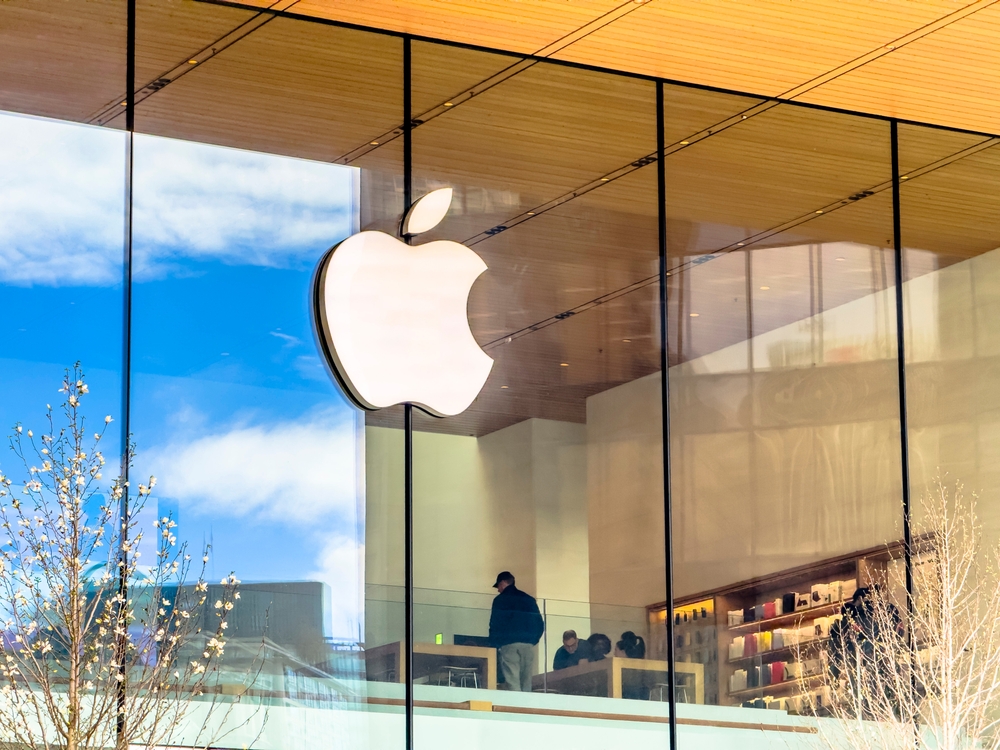Apple Inc. (NASDAQ: AAPL), a global leader in consumer electronics, has significantly increased its proposed investment in Indonesia to address regulatory hurdles and regain market access for its iPhone 16. The decision to increase its investment from $10 million to nearly $100 million over the next two years underscores the importance of Southeast Asia's largest economy to Apple's growth strategy.
Regulatory challenge
In September, Indonesia's Ministry of Industry banned the sale of Apple's iPhone 16 for failing to comply with the 40% home content requirement for smartphones and tablets. According to government officials, Apple's investments through initiatives such as developer academies totaled 1.5 trillion rupees ($95 million), less than the pledged 1.7 trillion rupees. The ban also applies to other global tech players, with Alphabet Inc.'s Google Pixel phones facing similar restrictions.
This tough stance reflects Indonesia's ongoing efforts to force foreign companies to increase local production and investment in domestic industries. These measures are in line with President-elect Prabowo Subiant's vision of promoting industrial growth and self-sufficiency.
Apple's response
In an effort to meet these regulations and secure a share of the huge Indonesian market, Apple revised its investment proposal and increased its commitment to nearly $100 million. This new plan reportedly includes additional funding for factories and local operations. However, the Ministry of Industry pushed back and demanded that Apple focus its investments on research and development (R&D) in order to further integrate its operations into the Indonesian economy.
This approach reflects Indonesia's growing confidence in using its regulatory framework to attract higher-value foreign investment. Apple's willingness to negotiate underscores the importance of Indonesia, which is home to 278 million consumers, as a key growth market. With a tech-savvy population where more than half are under the age of 44, the country offers significant revenue potential for high-end Apple devices.
Global context and risks
While Apple's investment may help secure market access, Indonesia's aggressive regulatory approach could deter other multinationals considering expanding their operations. These policies, while beneficial to local industries, risk firms exploring opportunities to diversify their supply chains outside of China. This creates a paradox. Although Indonesia seeks to attract foreign direct investment to stimulate economic growth, its strict requirements may limit the pool of willing participants.
Investment implications
Apple's increased investment in Indonesia represents a strategic effort to maintain access to a lucrative and fast-growing market. Higher investment requirements mandated by Indonesian regulations may initially weigh on Apple's profit margins in the country. However, these additional costs could be offset in the long run by an increase in market share and increased brand loyalty among Indonesian tech-savvy consumers.
In addition, Apple's commitment to invest in Indonesia could have a positive knock-on effect on the local industry. Companies such as Foxconn, which specialize in the assembly and production of components, may benefit from the increased activity. This, in turn, opens up secondary opportunities for investors who focus on the supply chain or ancillary industries associated with global tech giants such as Apple.
Indonesia's ability to secure such significant commitments from Apple could also set a regulatory precedent for other emerging markets with similar requirements. As these markets follow Indonesia's strategy, they can adopt comparable policies to attract foreign investment and strengthen their domestic industry. It will provide investors with a close look at how Apple is navigating this evolving dynamic, insight into the company's adaptability and potential opportunities in other fast-growing regulated markets.
Conclusion
Apple's increased investment in Indonesia is a strategic response to regulatory challenges in a fast-growing market. For investors, this highlights both the opportunities and the complexity of expanding in emerging markets with strict local requirements. While the long-term potential to tap into Indonesia's massive consumer base is undeniable, the immediate headwinds illustrate the delicate balance between compliance and growth.
As Indonesia continues to implement policies aimed at boosting domestic industry, companies like Apple will need to manage this dynamic with caution. For investors, the success of Apple's approach could serve as a blueprint to evaluate future opportunities in other highly regulated but fast-growing markets.
https://finance.yahoo.com/news/apple-offers-100-million-undo-005235580.html


